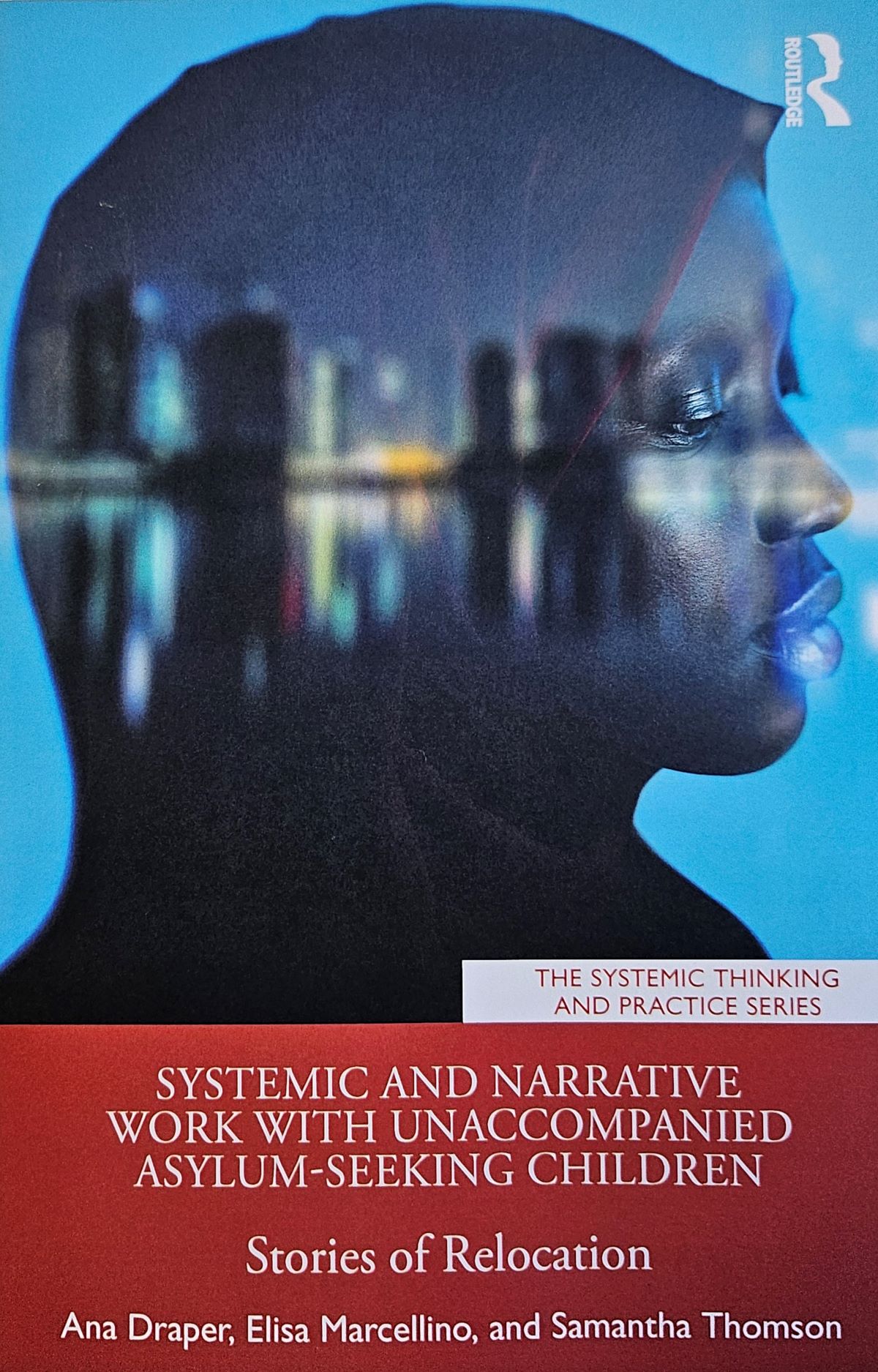
Sleep packs help unaccompanied migrant children to climatise
While working with unaccompanied migrant children at our CAMHS (Children and Young People Mental Health) service, consultant psychotherapist Ana Draper noticed something interesting. Almost all the young people described putting towels on the lights when trying to sleep. They also talked about needing some light to be able to check around them for safety but too much light woke them and they struggled to go back to sleep.
Other stories started to emerge about noises that would wake them due to their hyper-alert state and the worry they had about family members from whom they had become separated or who were still back in their homeland. The team explored with them the sounds and smells associated with sleep, and many mentioned the smells from plants that they missed.
After some discussion, the team realised that sleep aids, on arrival at a reception centre, could help normalise the fact that sleep can be difficult on arrival and beyond and support children ongoing to sleep better.
“We promoted a culture where everyone participated in supporting and enabling sleep to happen. I promoted listening to music as well as reading, praying, thinking of good things, and remembering happy things. I encouraged everyone to implement these suggestions from dinner time, which took place at 5pm onward. This helped them not to think about sad and worrying thoughts but rather to choose to engage in the things about home that aided sleep. One young person bought an herb plant that reminded him of home“
(Reception centre nurse at CAMHS)
By working with unaccompanied migrant children the team discovered that separated children and young people usually travel in groups at night and sleep during the day, taking turns to keep watch. When they arrive in the UK, most are completely nocturnal, unable to settle and frequently suffer from nightmares. Similarly, those who have spent time in detention centres or makeshift camps experience disturbed sleep. These children have difficulties in falling and staying asleep at night, in waking in the morning and staying awake during the day. These struggles contribute to poor concentration and a lack of emotional stability, in addition to the PTSD (post-traumatic stress disorder) from which many lone refugee children and young people experience.
Ana Draper started talking to some London-based charities that work with unaccompanied migrant children and suggested that a practical aid for restful and refreshing sleep might be a good thing to have handy when working with this group. The sleep pack was born.
The pack’s contain: a night shirt (to fit all sizes), plug-in night light, padded eye-mask with adjustable strap, a pair of ear plugs, a pouch of dried lavender, a packet of tissues, a stress ball or similar and a ‘Sleep Well’ card.
Sleep packs are now being used routinely to support unaccompanied children on arrival in the UK. The Separated Child Foundation, a London charity, supplies packs to local authorities as a way of ensuring that these are available for every child. Some local authorities have started to give packs to looked-after children, and a few adoption services also encourage new parents to create their own sleep packs to get their child ready for moving into their new home.
Find out how to apply for sleep packs for your organisation visit:
